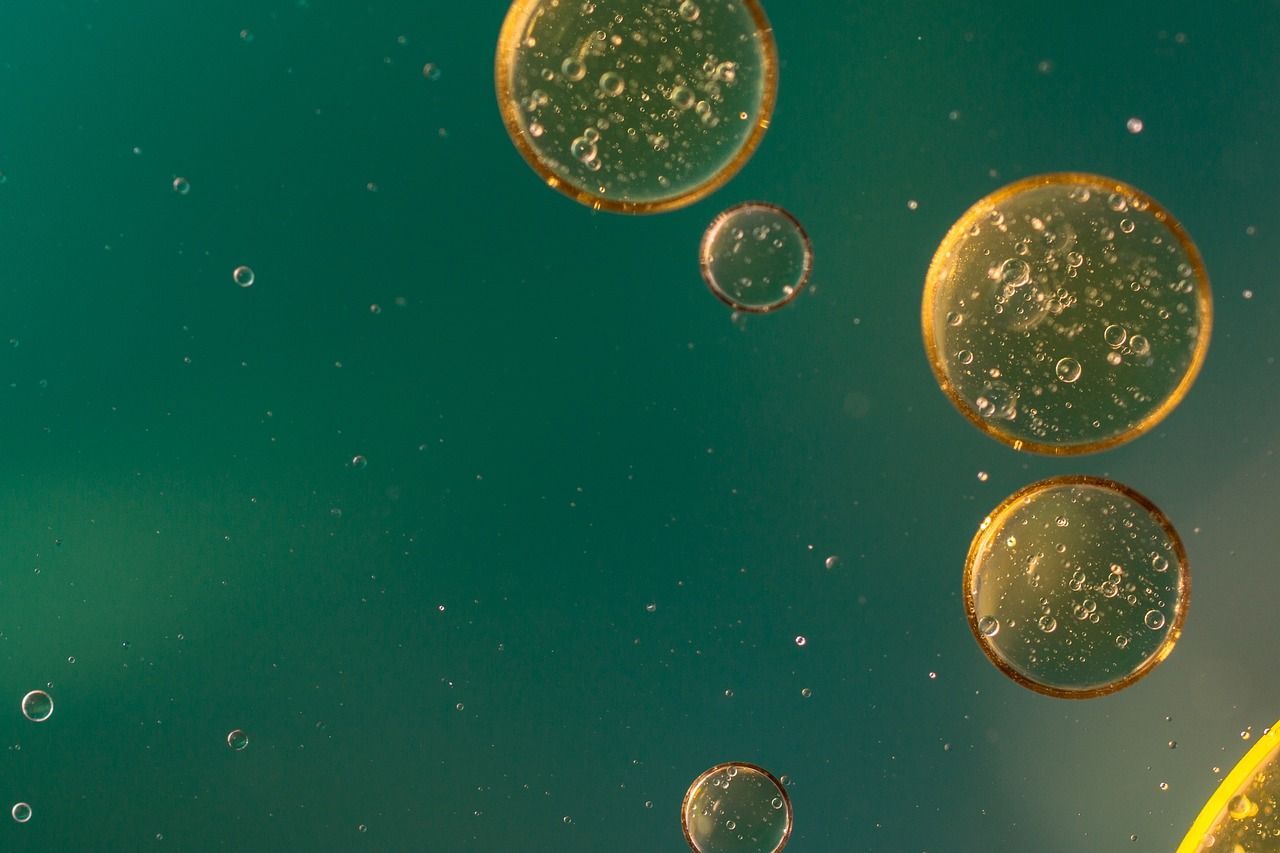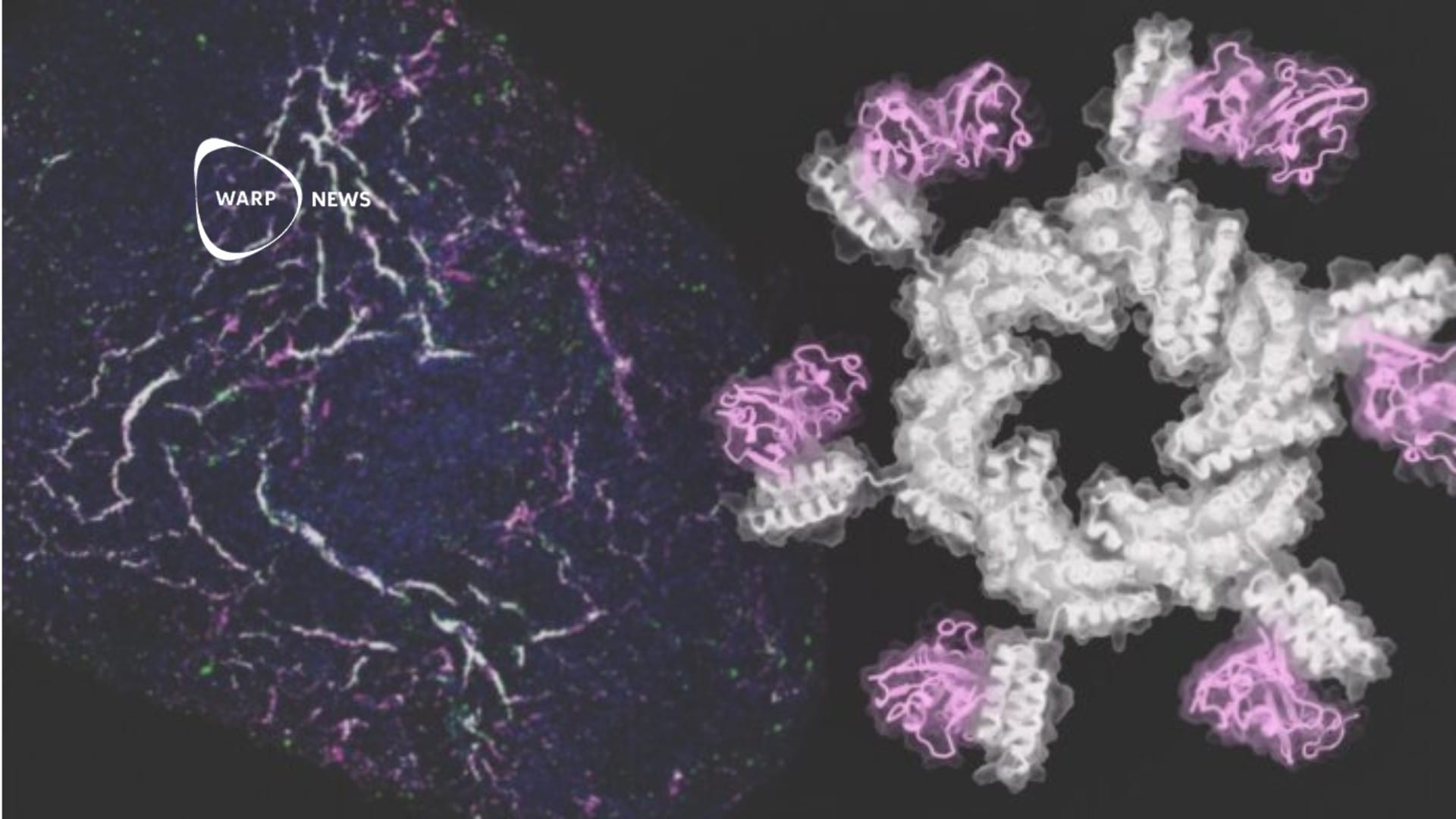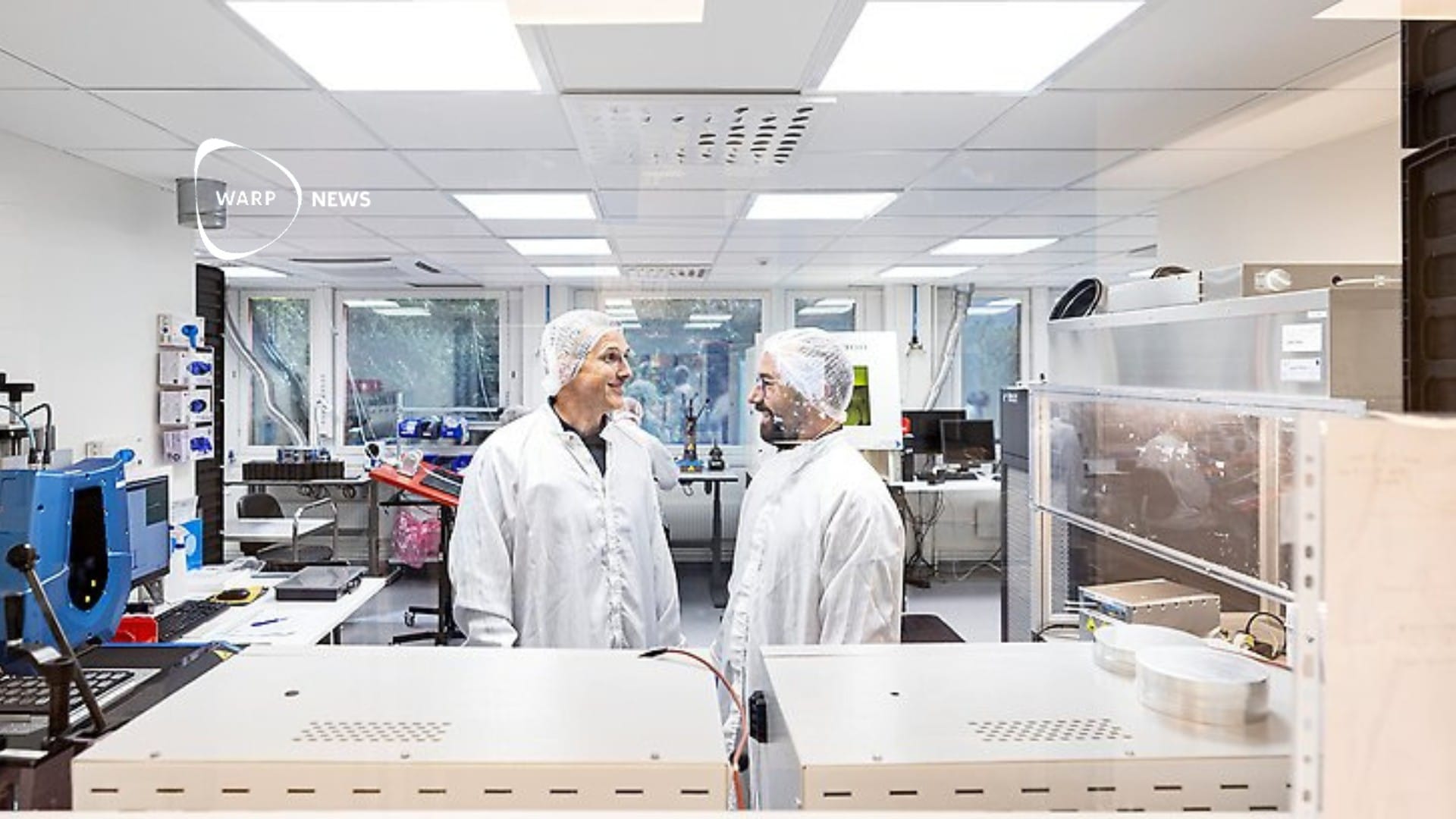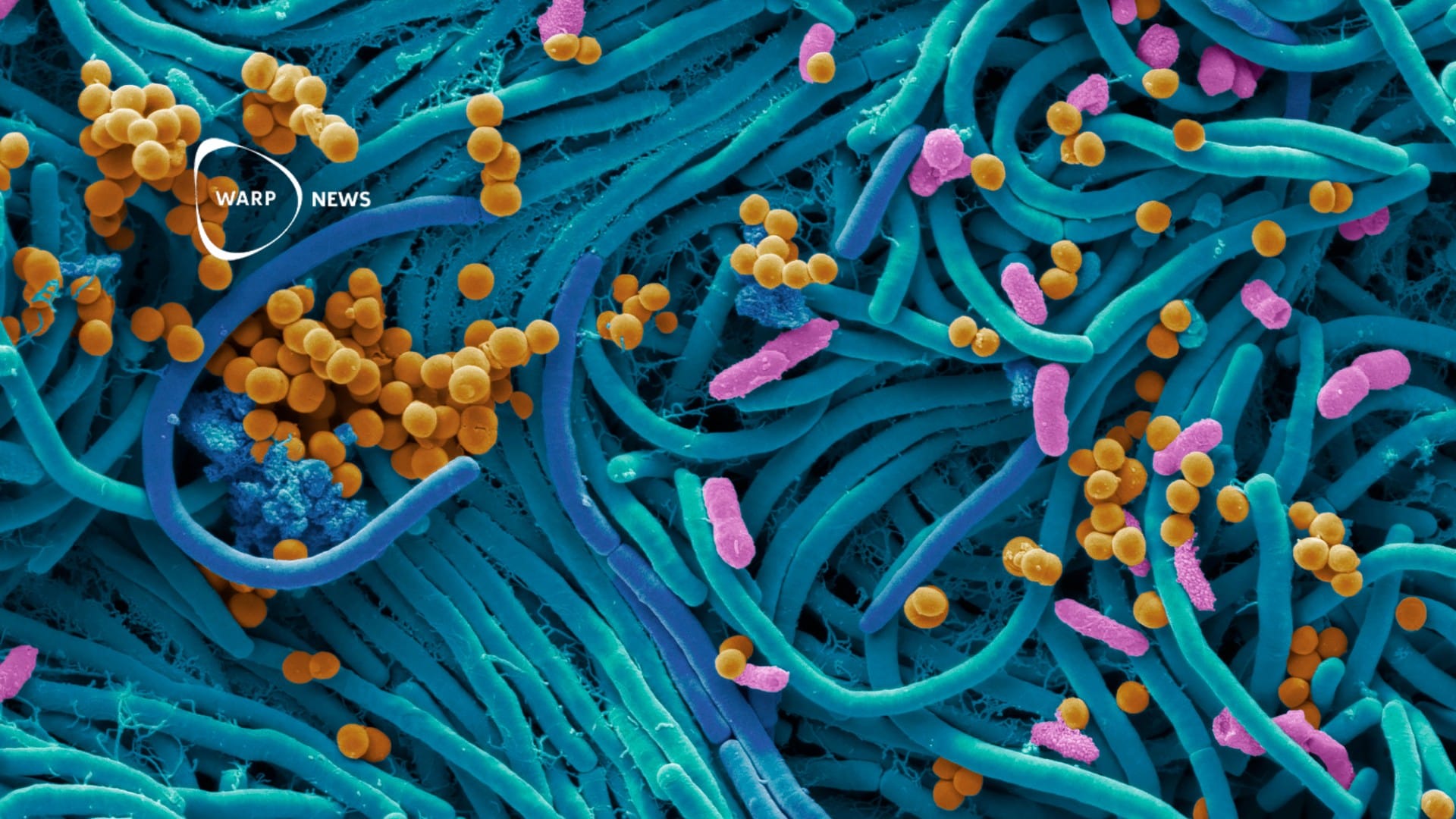
💉 The body's own "message in a bottle" can provide better cancer treatment
Nanoparticles that the body's cells use to communicate can give the immune system a better chance of fighting cancer tumors.
Share this story!
Immunotherapy is one of the recent great successes when it comes to treating cancer. But while the treatment works wonderfully for some patients, it doesn't work at all for others, and we don't really know why.
Now researchers from Karolinska Institutet are on the trail of the riddle. A form of round nanoparticles called exosomes or extracellular vesicles can be important for the treatment.
"It seems that the vesicles make the tumor immunologically active, so that the checkpoint treatment takes hold and can start working. These results are further support for continuing the development of extracellular vesicles as a new treatment method against cancer," says the study's last author, Susanne Gabrielsson, professor at Karolinska Institutet, in a press release.
The body's cells send vesicles between each other to exchange information. This means that the vesicles are sometimes called the body's own 'Message in a bottle-function'. For example, vesicles from cancer cells can turn off the immune response, while vesicles from immune cells can stimulate a reaction from the body's immune system.
The researchers tested giving vesicles to mice and then saw that the mice's immune system was activated and fought the cancer cells.
Extracellular vesicles from immune cells have already been tested on humans, but only produced a small effect. The researchers at Karolinska believe that it is because those tests were done before it was clear which molecules the vesicles should contain to be effective. The hope is that the new results will be able to provide more effective treatments in the future.
"The goal is that we should not have to take the patient's own cells, but use cell lines instead. Then the vesicles can be prepared in advance and frozen while waiting for a patient. We also believe that variants of the treatment will be able to be used for other forms of cancer and other diseases," says Susanne Gabrielsson.
By becoming a premium supporter, you help in the creation and sharing of fact-based optimistic news all over the world.


